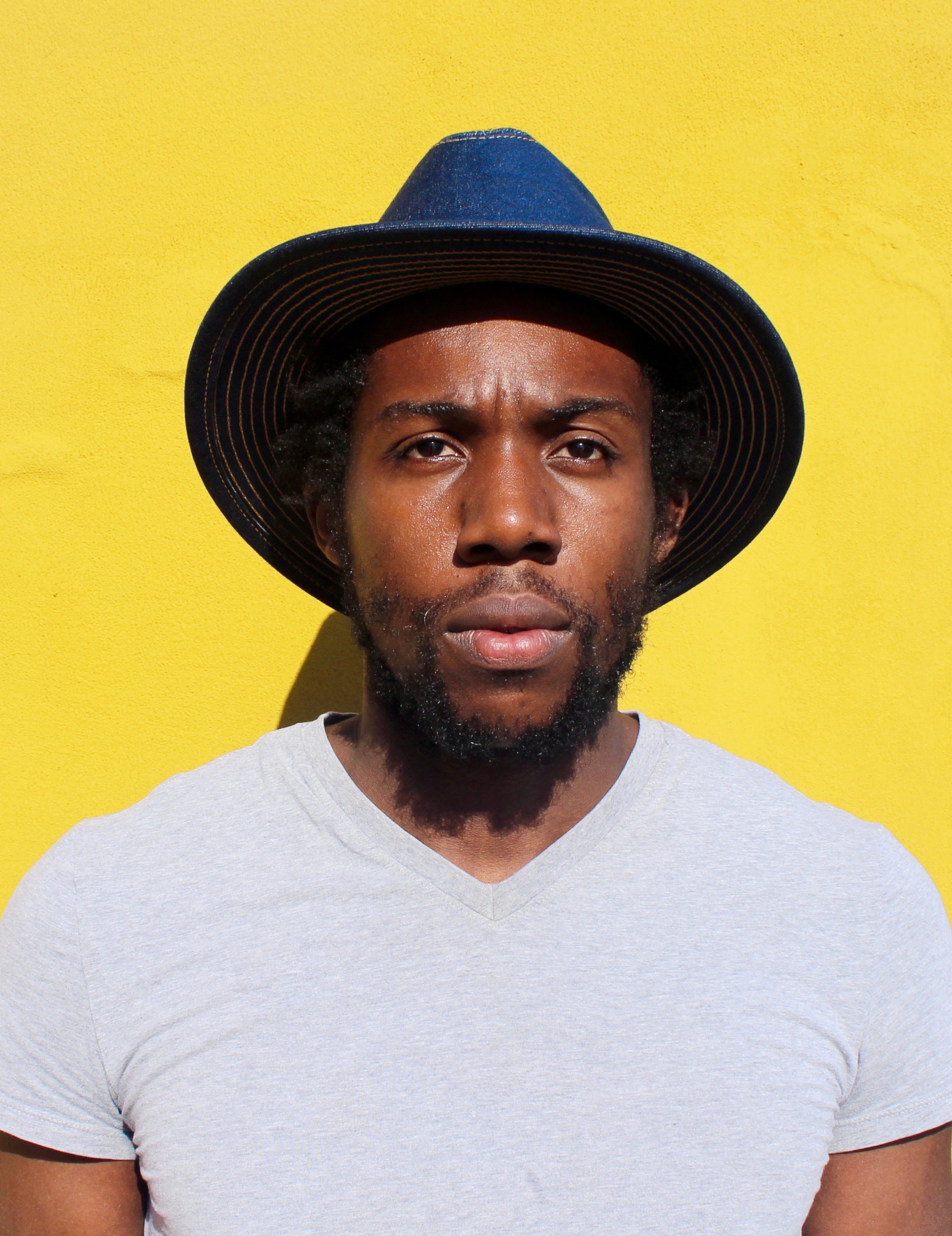As a Black writer, I often feel an internal pressure to make my writing palatable to white readers — a “you don’t want to be the angry Black guy” moment each time I open my laptop.
The pressure increases whenever I come face-to-face with the reality that there are limited spaces for Black writers in Canada. I’ve heard some Black writers say that there’s enough room for three Black writers: two who consistently remain in the spotlight and a third that switches out between award galas.
Others say that the number is five, or two, or one. It’s never more than seven spots. It’s never enough to capture even a fraction of the diverse Black identities, experiences, and ideas that span the Canadian landscape.
Three weeks ago, I attended a public talk at the University of Toronto about independent journalism in North America. As you can imagine, there were several media members in attendance. As the event concluded and the audience moved toward the exit, a man eagerly pushed his way through the crowd yelling “Desmond! Desmond!” I turned toward his voice, thinking “I didn’t see Desmond Cole here,” only to find his spectacled blue eyes fixed on me.
He looked at me, smiling earnestly, and said “Hey, Desmond!” I returned a cold stare. “I’m not Desmond,” I said. “I’m a writer but I’m not Desmond.” Embarrassed, the man apologized and meandered back through the crowd, a languid salmon swimming upstream.
I’m inclined to tell you about the many differences that distinguish Desmond Cole and me from one another. At my core, however, I recognize the futility of this pursuit. The talk at UofT was not the first time I’ve been called Desmond; it was simply the most recent. I’m confident it’ll happen again. This is because, regardless of ancestry, height, facial structure, or build, or age, Desmond and I share two vital things in common: we are Black and we are men. Add that we are both writers to the equation and we may as well be twins.
Despite the abundance of Black talent in this country, Black creatives are routinely funneled into a narrow range of possibilities. In the world of race-conscious writing in Canada, where critiques of oppression are tolerated but rarely welcomed, Black writers can be either Black Lives Matters or Desmond Cole, polite or militant, instructive or pithy. All of these roles hold implications for one’s career prospects. None of them reflect the difference.
Many consumers of anti-oppressive writing want things to be made easy. They want a go-to source for all things Black that they can quote ad nauseam, a how-to guide for evading critique and feigning allyship. The result is a literary landscape with just enough space for one Black journalist, one Black poet, and maybe a couple of Black newscasters.
These binaries not only limit the possibilities of Black male writers but of all writers of colour. In the media, Black men of Caribbean decent are often held up as the epitome of “Blackness”. Images of these men make their rounds and, in the process, queer and trans writers of color, women of colour, and disabled writers of colour are excluded from the conversation; their experiences are ignored.
In my community, Toronto, Police brutality, profiling, and anti-Black racism cannot be adequately discussed until we acknowledge that these injustices are disproportionately visited against trans people of colour, disabled people of colour, and Toronto’s Somali communities. These injustices fly under the radar of a media conception of Blackness that, unexplainably, excludes the majority of Black-identified people.
When audiences ignore the vast array Black social and ideological identities in favour of a single go-to source, they perpetuate the idea of the Black outsider and add to the stigma that accompanies this narrative. Each time that I write about race as a person of colour, I am exposed to hatred in a way that many others writers with a different focus — say sports — and a different identity are not.
Readers, angered by the fact that I am not championing what bell hooks calls “imperialist, white supremacist, capitalist patriarchy,” flood my social media accounts with hate mail. They assume that it’s OK to harass me because I don’t suit their idea of Blackness, which has been filtered and diluted through an oppressive white gaze. I know from talking to other writers in Toronto that this reality rings even more true for feminist, female, disabled, and queer and trans spectrum writers of colours. This burden is not distributed evenly.
Until audiences stop searching for “the one,” writers of colour will continue to feel pressured to pander to white audiences and the experiences of most Black-identified people will continue to be ignored. Until audiences allow for greater representation, writers speaking truth to power will continue to receive hate mail and white Torontonians will continue to confuse me with Desmond Cole.
To end, my name is Phillip Dwight Morgan and I am tired of pandering to white audiences.
Like this article? rabble is reader-supported journalism. Chip in to keep stories like these coming.
Image:
Lauren Marshall



